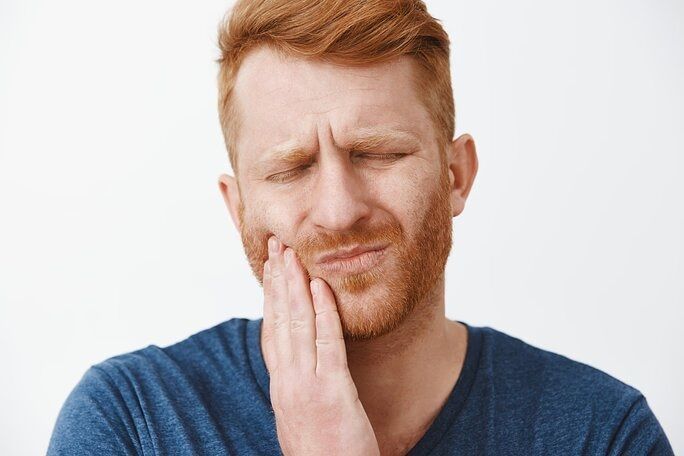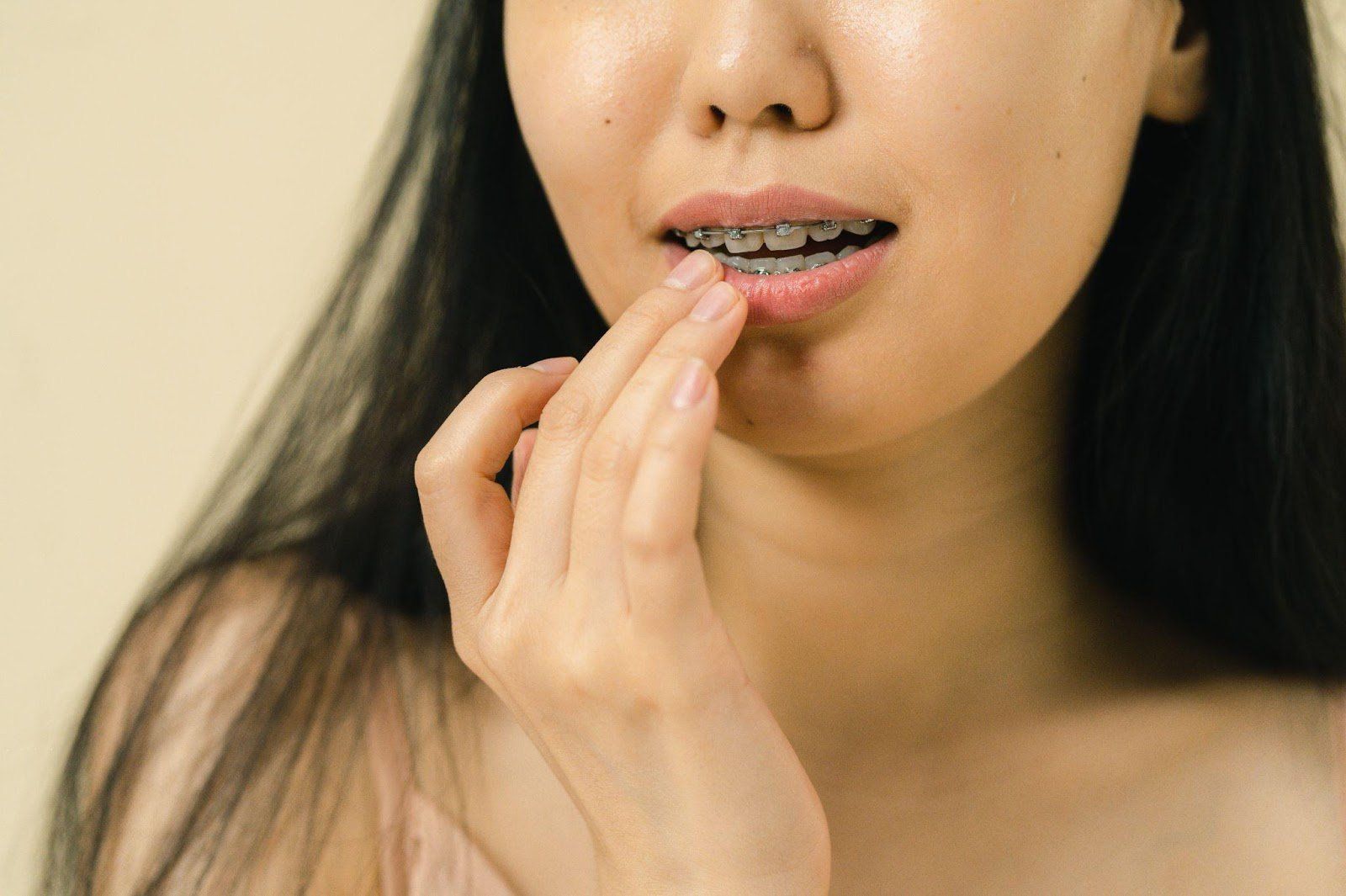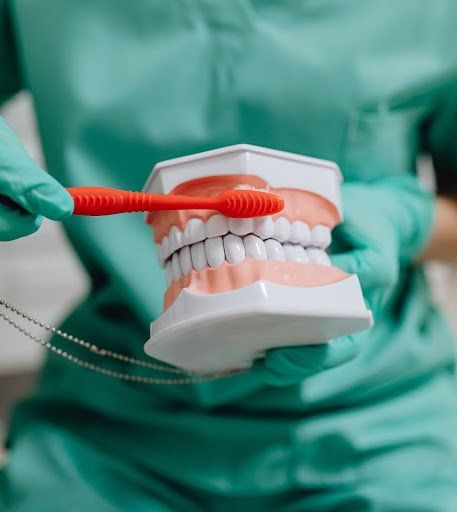Effective Ways to Deal With Tooth Sensitivity
- by Milena Marguenski
- •
- 14 Jun, 2021
- •

Dentin hypersensitivity or sensitive teeth, as the name suggests, is the response to certain stimuli such as hot and cold. Have you ever felt discomfortable after sipping a spoonful of hot tomato soup or taking a big ice cream bite? If so, then you’re not alone here. Sudden jittery pain from hot or cold foods is a clear sign of sensitive teeth.
The sensitivity may be temporary or permanent. It may affect one tooth or several teeth. There are numerous causes for tooth sensitivity such as gum disease, tooth decay, having acidic foods, and more, and it can be treated by making some tweaks to your oral hygiene habits.
Here, in this article, we’ve rounded up four effective ways to beat tooth sensitivity, so let’s scroll down and find out:-
#1. Using Toothpaste for Sensitive Teeth
By switching from standard toothpaste to one which is specifically meant for treating sensitive teeth, you can get some relief from the symptoms.
A sensitive toothpaste contains a special ingredient that does the job of filling tiny holes in your dentin and enamel causing the ache when you try too hot or too cold foods. Thus, reduces the exposure of teeth’ sensitivity nerves.
You must talk to an experienced dentist at an advanced dental care services clinic in Brooklyn, NY to recommend you a sensitive toothpaste.#2. Use a Soft Toothbrush
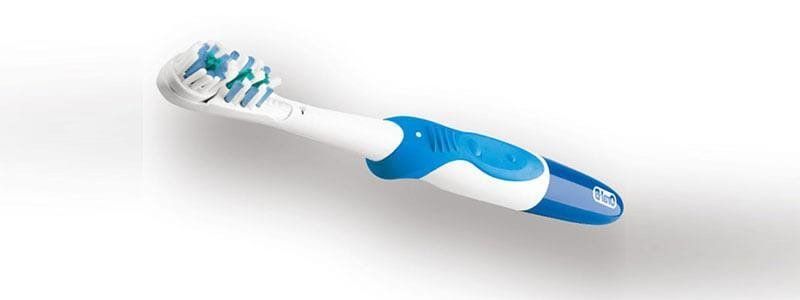
Another way is by changing your toothbrush. If you are using a toothbrush having stiff bristles, then you are making your tooth sensitivity condition even worse.
The stiff bristles and an abrasive toothpaste are tough on the tooth enamel, creating microscopic holes, thus, leading to more sensitivity. They can even worsen the gum recession, causing more exposure to sensitive and dentin nerves.
Go with a soft-bristled toothbrush and ensure that you brush gently to perverse the teeth surface and maintain the integrity of the gum.
#3. Wear a Mouthguard at Night
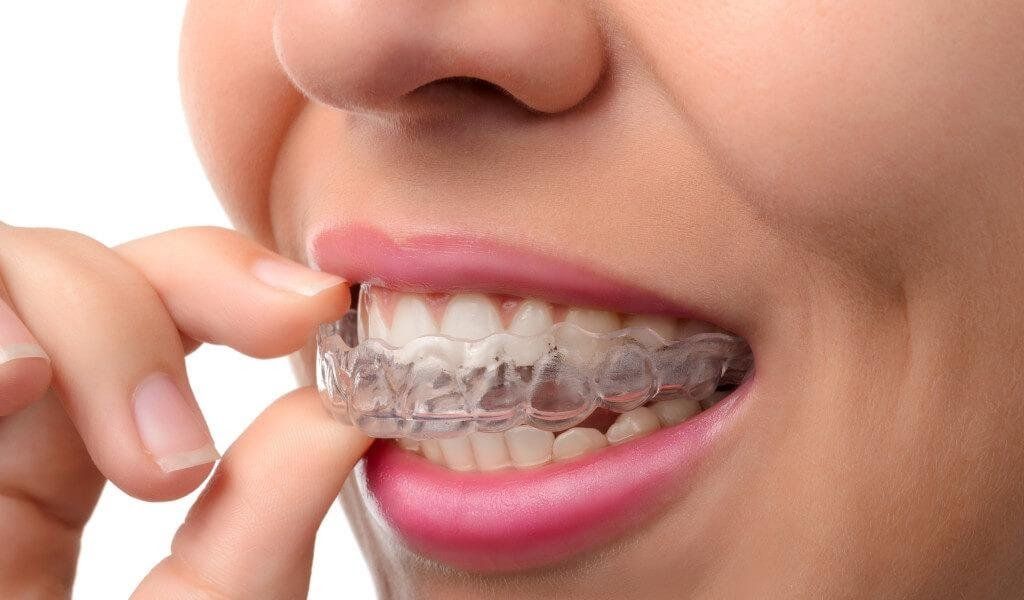
#4. Gums Care#4. Gums Care
Receding or diseased gums are another leading cause of tooth sensitivity. As the gum tissue breaks down & moves away from the tooth surface, that teeth part has no enamel, thus left exposed. The nerves are left unprotected and prone to damage that causes tooth sensitivity.
So, let your dentist thoroughly examine your gums for any gum diseases that require immediate treatment. Health gums prevent and protect against tooth sensitivity.
What If Tooth Sensitivity Doesn’t Improve?


Brooklyn residents often wonder whether their tap water is helping or harming their dental health. One key factor in this debate is
fluoride
, a naturally occurring mineral added to public water supplies to prevent cavities. But does Brooklyn tap water really protect your teeth from decay? In this blog,
we’ll
uncover the truth about fluoride levels in NYC’s water and whether it plays a significant role in cavity prevention.
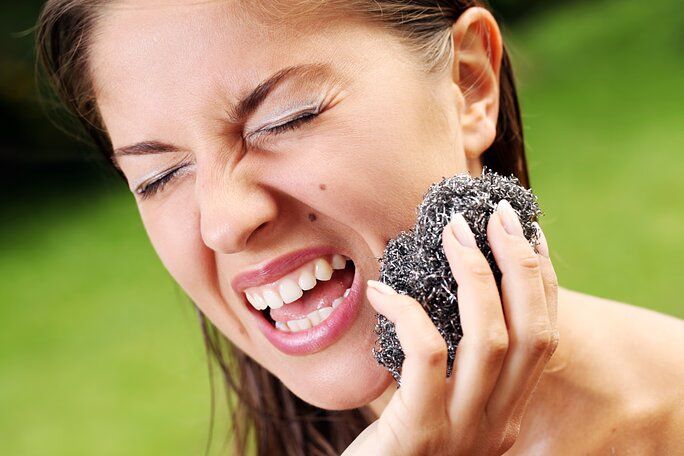
Sudden gum swelling is a dental condition that requires immediate attention, even if there is no pain. Gum health is often overlooked, but it is essential for overall oral well- being. Swollen gums may seem harmless at first, but they often indicate underlying issues that can worsen if left untreated.
Many people think of dental emergencies as situations with severe pain, but it's important to understand that discomfort isn't always a reliable sign of serious problems. Just because there is no pain doesn't mean there is no risk. Sudden gum swelling should be treated as an emergency , emphasizing the need for prompt professional evaluation.
Ignoring swollen gums can lead to more severe complications, affecting both oral health and general wellness. By understanding the seriousness of this condition and
seeking timely intervention, you can prevent further damage and ensure that your gums—and teeth—stay healthy and strong.
A skilled dental team can properly assess and treat any swelling. Prioritize your gum health by taking action when you notice unusual changes, protecting your smile for the future.
It's important to remember that maintaining good oral hygiene, including flossing your teeth regularly , can help prevent conditions like gum swelling. Additionally, if you're interested in improving your smile beyond just addressing gum issues, there are various options available in cosmetic dentistry that you should know about. Finally, if you're looking for ways to achieve a brighter smile, there are effective methods on how to get whiter and brighter teeth at home that you might find helpful.

If you thought that oral health problems are only for adults, then think again. The first teeth start appearing by 4 to 5 months of age. Then by the age of 3, kids have a full set of teeth. This is the time when parents have to be extremely careful about oral hygiene.
By the age of 6-7, the primary teeth start to fall out to make space for the permanent teeth. These permanent teeth are the ones that will stay with them for the rest of their lives. However, there are certain oral problems such as tooth decay, lip sucking, and early teeth loss.
Let’s take a look at these common oral health problems.

With the procedures’ popularity, several pharmaceutical companies launched their over-the-counter teeth whitening kits. This made the procedure more accessible and cheaper as compared to a professional session.
But which one is better? Let’s understand both the procedures first.
